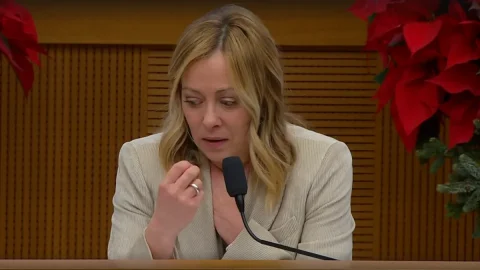Imports of tomato paste from China increased by 680% reaching approx 70 million kilos in 2015, equal to about 10 percent of national production in fresh tomato equivalent. It is the alarm raised by Coldiretti on the basis of Istat data relating to the first eleven months of 2015, in reporting the concrete risk that it will be passed off as Made in Italy on domestic and foreign markets due to the lack of obligation to indicate the origin on the label. "From China - underlines Coldiretti in a statement - we are witnessing a crescendo of ships unloading drums weighing over 200 kilos with tomato paste to be reworked and packaged as Italian since in retail containers it is mandatory to indicate only the place of packaging, but not that of tomato cultivation".
A trade that must be made transparent - continues Coldiretti - with the obligation to indicate the origin of foods on the label which currently applies in Italy only for tomato puree but not for concentrate or ready-made sauces. "At risk is one of the symbolic sectors of Made in Italy in the world due to unfair competition from imported products".
In the North as in the South - Coldiretti always explains - the contractual conditions for the 2016 harvest have not yet been defined because together with a containment of the cultivated areas, an even higher reduction of 10-15% of the price paid to farmers is also proposed which is not sustainable. Record increase in imports, reductions in the prices paid to farmers and cutting of the surfaces foreshadow a worrying scenario for the symbolic product of the Mediterranean diet.
“By the way 84% of Italians believes - also reveals the association's note - that it is very important that the label shows the origin of the raw material used for processed fruit and vegetables such as tomato derivatives, according to the online public consultation on the labeling of agri-food products conducted by the Ministry of Agricultural Policies (Mipaaf), which involved 26.547 participants on the Mipaaf website from November 2014 to March 2015". A result which, on the basis of EU regulation n.1169 of 2011, which came into force on 13 December 2014, allows Italy to introduce national rules on the mandatory labeling of geographical origin of foods.





